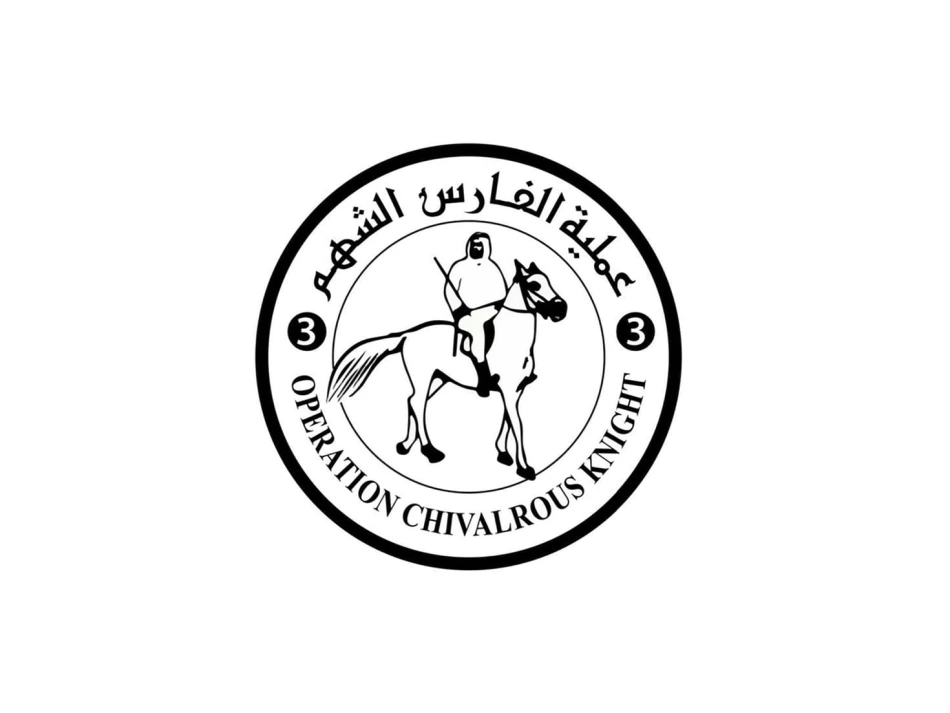
Gaza Aid Ship 'Hamdan' Departs in Noble Knight 3 Mission
UAE Dispatches Ninth Aid Ship to Gaza with 7,000 Tons of Critical Supplies
The United Arab Emirates has launched its ninth humanitarian aid vessel bound for Gaza, loading 7,000 tons of essential supplies at Abu Dhabi's Khalifa Port. The shipment, directed by Sheikh Hamdan bin Zayed Al Nahyan, represents the UAE's sustained commitment to Palestinian relief efforts amid the ongoing humanitarian crisis in the Gaza Strip.
Massive Relief Operation Targets Healthcare and Food Security
The Hamdan aid ship carries a comprehensive cargo designed to address Gaza's most pressing needs. The shipment includes diverse food supplies, ready-to-eat meal packages, shelter support materials, five ambulances, and medical equipment to bolster the territory's strained healthcare infrastructure.
The vessel will dock at Egypt's Al-Arish port before the aid is transported overland into Gaza through established humanitarian corridors. This route has become the primary channel for international assistance, given the complex logistical challenges of delivering aid to the besieged territory.
Strategic Humanitarian Diplomacy
The UAE's systematic approach to Gaza relief—now in its ninth iteration—demonstrates a calculated humanitarian diplomacy strategy. By working through Egyptian ports and maintaining regular shipment schedules, the Emirates has established itself as a reliable partner in Palestinian aid delivery, potentially strengthening its regional diplomatic positioning.
Regional Context and Broader Implications
This aid initiative reflects the UAE's broader foreign policy evolution since the Abraham Accords. While maintaining humanitarian support for Palestinians, the Emirates has simultaneously normalized relations with Israel, creating a unique diplomatic balance that allows it to engage with all parties in the conflict.
Comparison with Regional Aid Efforts
The UAE's structured, large-scale approach contrasts with more sporadic regional aid efforts. Countries like Jordan and Turkey have also provided Palestinian assistance, but the Emirates' consistent vessel deployments and substantial tonnage suggest a more institutionalized commitment. This systematic approach mirrors successful humanitarian operations the UAE has conducted in Yemen and Syria.
Economic and Logistical Considerations
Operating nine separate aid missions represents a significant financial commitment, likely totaling millions of dollars in logistics, procurement, and coordination costs. The UAE's ability to sustain this effort reflects both its economic capacity and political will to maintain a prominent role in Palestinian humanitarian affairs.
The use of Khalifa Port also demonstrates the UAE's infrastructure advantages in regional humanitarian operations. The port's strategic location and advanced facilities enable rapid loading and deployment of aid shipments, positioning the Emirates as a potential humanitarian hub for future Middle Eastern crises.
Long-term Strategic Impact
These sustained humanitarian efforts serve multiple strategic purposes beyond immediate relief. They enhance the UAE's soft power projection, demonstrate responsible regional leadership, and maintain constructive engagement with Palestinian issues while preserving relationships across the political spectrum. This approach could establish a template for other Gulf states seeking to balance humanitarian concerns with complex regional politics.
Most Viewed News

 Sara Khaled
Sara Khaled






